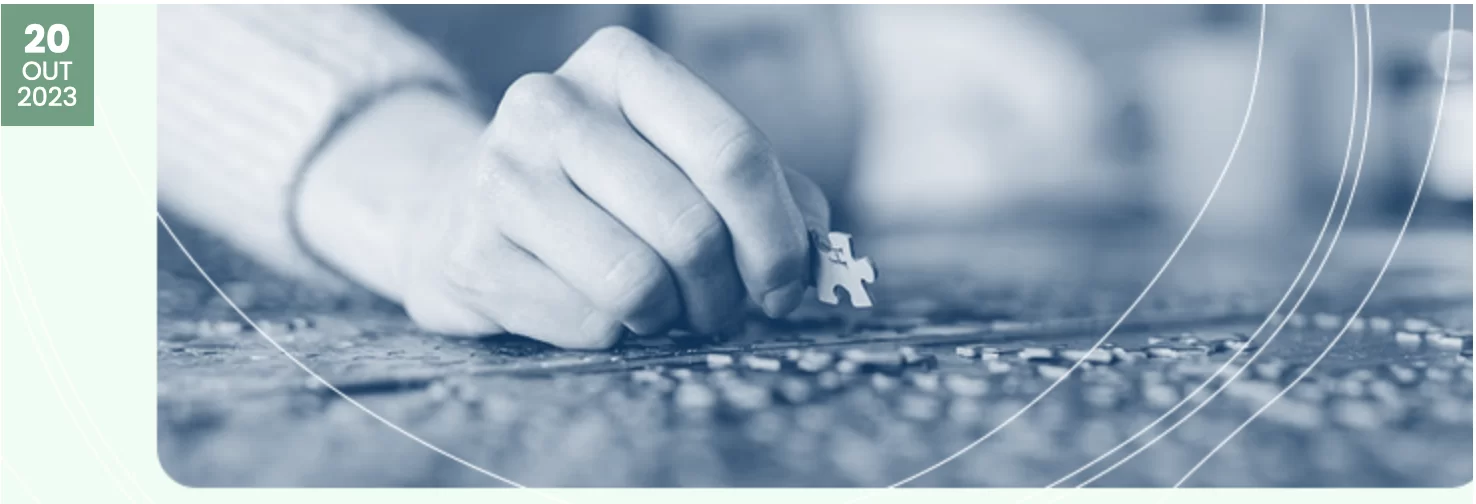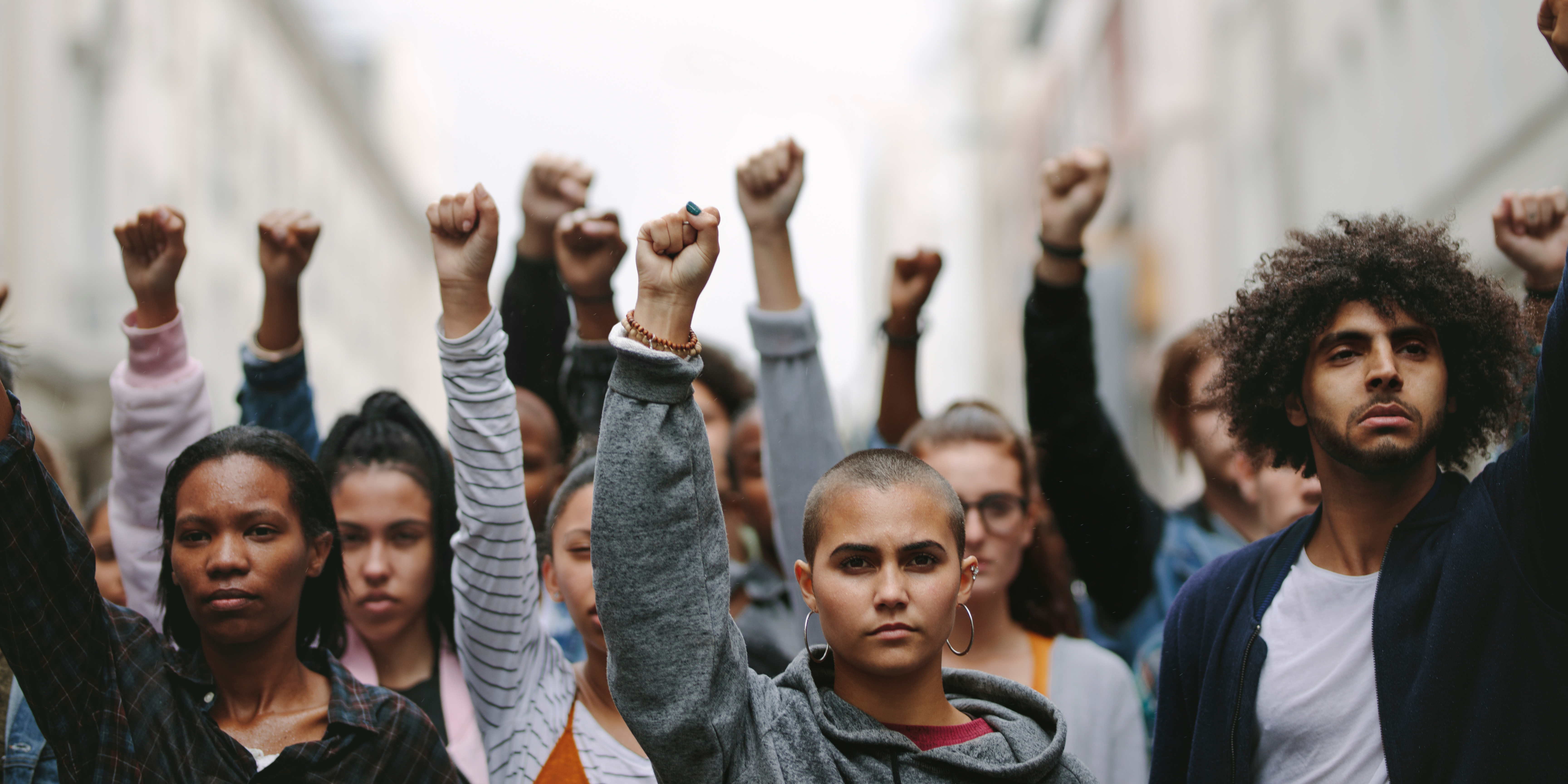Three schools in Brazil were awarded for making a difference with social transformation projects with students and the community: the SESI Barbacena school, in Minas Gerais; Colégio Magister, in São Paulo; and Escola Classe 40 in Ceilândia, DF, winners of the Education for Kindness and Generosity 2021 Schools Award.
In its 2nd edition, the Award aims to value projects that are connected with the 7 principles of Education for Kindness, Generosity, Solidarity, Sustainability, Diversity, Respect and Citizenship, generating integration between teachers, students, families and communities where the schools are located. inserted. By recognizing best practices, teachers and students become examples of engagement for the entire society, creating more collaborative habits and rituals, a fundamental requirement for tomorrow's leaders.
The registration platform received 3205 hits, and of the total number of registrants, 60% of the schools were public schools. Regarding the profile of those who registered, 70% were women, 42.5% between 25 and 44 years old. The biggest thematic recurrence was social awareness projects about the importance of one or more of the 7 Principles of Education for Kindness and Generosity (56%); projects to collect food, school supplies, electronic items, clothing items, blankets, among other durable and non-durable goods (37.5%); volunteer projects (3.1%); and projects promoting dates on the social seasonal calendar such as Donate Day/Kids Donate Day, Environment Day, Gratitude Day, Black Awareness Day, among other dates (3.1%). 100% of registered schools are in the habit of carrying out donation campaigns.
According to Marina Pechlivanis, creator of the gentilgenerososidade.org.br , the quality of the projects was surprising: “we had a 50% increase in total registrations, compared to 2020, and also an increase in the quality and diversity of proposals, all connected by the same desire of, through education, transforming interdependent relationships between people and the environment in which they live for the better.”
For educator Êda Luiz, one of the judges for the award, “the importance is to give visibility to initiatives that break with the accommodation of an essay based solely on the transmission of knowledge and are building a new, more holistic reality, bringing life to their minds, spirit , heart and hands. Projects like these, presented through awareness-raising and peace education, which imply care for others and everyone, transform the violence of the current reality and make me see a Brazil that is plural and aware of its responsibility to form safer children and adolescents, conscious, kinder to all forms of life on the planet through individual and collective decisions and actions.”
Winning schools:
1st Place: SESI Barbacena/MG — Project: SESI Virtudes Network:
“The Virtues Network Project was applied from kindergarten to high school, aiming to meet a social demand that calls for more ethical citizens who can be agents of transformation for a culture of peace and good living. The work develops the awareness and reflection of the school community — students, family and school — on issues that permeate our society from the perspective of moral values, aiming to positively change our reality, in addition to strengthening and renewing “values”, inserting them into the process educational virtues that enable the comprehensive training of our students. Law 13,185, of November 6, 2015, establishes the program to combat systematic intimidation (bullying), privileging prevention mechanisms that promote effective accountability and change in hostile behavior; In this sense, the work with the SESI de Virtudes Network meets this need expressed in the law. School education is not restricted to the mere transmission of knowledge; Educating based on virtues leads students to develop and understand their rights and duties, seeking a healthy coexistence with other colleagues, with the school, with the family and society in general.”
2nd Place – Colégio Magister/ São Paulo — Project: Playing and Learning in the Digital Environment
“The school already has a new secondary education system in place and one of its elective subjects is Social Entrepreneurship. Participating students develop programs, projects and movements with the school's partner institutions and entities. With the pandemic and the difficulty of in-person volunteering actions, in this initiative we encourage students to meet children assisted by Associação Probrasil, in Parelheiros, more specifically from the Nelson Mandela Center for Children and Adolescents. With the support of teachers, the students prepared a quiz on the Kahoot platform and applied the game, while the CCA children were trained to promote virtual learning games with young people from the community at the telecenter that serves the Jardim dos Álamos neighborhood.”
3rd Place: Class 40 School of Ceilândia/DF — Project: (Sol Nascente Food Security)
“The school is located in one of the largest favelas in Brazil, in the city of Sol Nascente Pôr do Sol, DF. As a characteristic of cities that develop without assistance from the State, there are many problems in the community. Violence, poor basic sanitation, precarious housing and hunger are the main problems faced by families. The school, being in the community, is a space that is involved in actions that promote the well-being of our children and community, developing awareness and fundraising campaigns for emerging situations. We formed a partnership with the Association of Brazilian Diplomats, which financed the project, and the social assistance support network of the public network, which held a training session with the families. We had representatives from the guardianship council, CRAS, Department of Health and Social Works. The school is a space for promoting citizenship. Citizenship that transcends school walls and needs to be connected with the demands of the communities from which our students come. Where violence, fear and hunger prevail, we are trying to alleviate the suffering of these families and exercise empathy.”
About the judges:
Êda Luiz, educator for 55 years in public schools, pedagogue specializing in EJA. For 22 years she was manager of CIEJA CL, a school recognized as “transformative”. Retired, she continues doing what she enjoys most in social projects: exchanging knowledge.
Maria Cecília Lins, founder and executive director of Instituto Pró-Saber SP, in the community of Paraisópolis, since 2003. Elementary school teacher, graduate in Psychology and PhD candidate in Educational Psychology at PUC SP. Specialization at Stanford in Executive Training for leaders of Civil Society Organizations and at Insper in the Childhood Science Center in partnership with Harvard. Advisor to the Protea Institute, Think Twice Brasil, Voa/Ambev and IABCD and director of the Women of Brazil Group. Her dream is to contribute to the end of inequality through education.
Patricia Kunrath , has a degree in Social Communication – Advertising and Propaganda, Master and PhD in Social Anthropology from UFRGS with a PhD internship at the University of California Irvine. She has experience in academic teaching, acting and research in the third sector with a focus on philanthropy, private social investment and culture of giving in Brazil and the United States. She is a professor at ESPM Porto Alegre and knowledge coordinator at GIFE.
Pedro Frazão is a father, kidney transplant recipient, cyclist and activist in causes related to urban reality such as mobility, social inclusion, recycling and the culture of donation. He promotes the Culture of Donation using the city as his main platform and transforming realities through information and art in his project “Who donates lives more”. He is part of the Advisory Board of the NGO Pimp My Carroça. Graduated in Design (Escola Panamericana de Arte), Advertising (FAAP), postgraduate in Marketing (FAAP) and graphic production technician (SENAI), in addition to courses and workshops in analogue, digital processes and new audiovisual production techniques.
About Education for Kindness and Generosity
The first Brazilian platform for Education for Kindness and Generosity offers systemic solutions for different audiences. For schools, a methodology with 26 lesson plans adapted from the renowned Learning to Give and adapted to the new BNCC, in addition to courses and prizes. For families, practical classes with videos, readings and activities. For young social leaders, events and opportunities for connection and visibility. For society, unprecedented studies and research with children and young people. For companies, human development dynamics for training programs. Everything is free, uncomplicated, welcoming and accessible, and based on the seven principles of Education for Kindness, Generosity, Sustainability, Solidarity, Diversity, Respect and Citizenship (7PEGG). Among the supporting supporters, Instituto Mol and Movimento Bem Maior.





